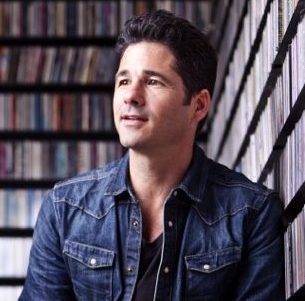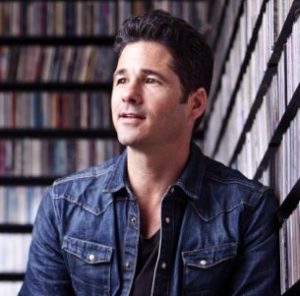
Ranks a Million: Generating New Business With SEO

Search engine optimization (SEO) occupies an interesting space in the entrepreneurial landscape. Old misconceptions are long dead and buried, and CEOs know that many customers will first encounter them at the top of a search engine results page. But too many business leaders see it as a functional rather than transformative factor.
This is a mistake. With the right SEO strategy, you can genuinely change your business’ fortunes—bringing in new, relevant customers with clockwork regularity. And if you do it right, you’ll only bring in more over time.
I can speak to this from experience: by deploying a comprehensive search marketing strategy, my company generated over US$1m in new business.
Searching for a strategy
In the early stages of the business’ existence, we relied heavily on referrals. I didn’t begin my working life as an entrepreneur, and my previous career in PR gave me a reliable stream of contacts who were predisposed to enjoy working with my company—and recommend it to their friends. Relentless networking efforts also helped.







 By Dean Cherny, EO Australia-Victoria member and
By Dean Cherny, EO Australia-Victoria member and 
 Have you ever noticed how people become more serious at the beginning of September? Gone are the lazy days of summer and in front of us are four months before year-end. People develop what I call the “back-to-school mentality.” I see it as much among adults as I do among students. In the corporate world, vacations are finished, meetings that didn’t happen over the summer are now on the calendar and decisions are being made.
Have you ever noticed how people become more serious at the beginning of September? Gone are the lazy days of summer and in front of us are four months before year-end. People develop what I call the “back-to-school mentality.” I see it as much among adults as I do among students. In the corporate world, vacations are finished, meetings that didn’t happen over the summer are now on the calendar and decisions are being made.


 By Larry Alton, business consultant
By Larry Alton, business consultant
 By Ian Altman, an internationally respected and sought-after expert on business.
By Ian Altman, an internationally respected and sought-after expert on business.